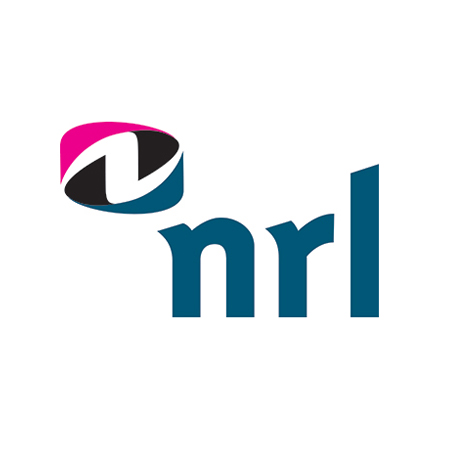
Why remote working could build a more diverse workforce

The shift to working from home during the pandemic has spearheaded the introduction of remote jobs and hybrid working opportunities for many organisations.
As this interest in working remotely continues now people are returning to the office, we take a look at how remote jobs could help organisations to attract a more diverse and inclusive mix of candidates to boost their talent pools.
– Attracting a wider candidate pool –
Traditionally, job seekers would enter their town or postcode into job board searches and narrow their search to locations that were easily commutable from their doorstep. Conversations with recruiters often halted when the prospective candidate decided the location was just too far to consider commuting to each day.
Enter the remote working era, where job boards now offer people the option to search for remote jobs, regardless of where the organisation’s office is located. Or the hybrid candidates, who will now consider heading into a major city on a train or in the car for a visit to the office once a week, where previously the idea of sitting in rush hour traffic each day deterred them from even applying for the role.
This shift means organisations can now promote their roles to a much wider target audience – removing the restrictions around how accessible their office locations are, or how reliable the road and public transport infrastructure is. That’s because when candidates are now looking to see what jobs are available for remote work, the location of the office is no longer a gamechanger.
– Attracting a more diverse mix of people –
An openness to consider which jobs could be completed just as effectively at home, will draw the additional benefit of attracting more candidates whose disability may have prevented them for applying for a traditional office role.
Getting to a place of work can sometimes add additional challenges, where public transport makes the commute journey lengthy and uncomfortable, or the office layout and floorplan means quick tasks such as making a coffee are not as straightforward and more challenging.
Although reasonable adjustments can be made, for many people with visible or hidden disabilities being able to work from the comfort of their own home provides a much more effective environment for them to work. Without feeling singled out and different, remote working can enhance productivity and provide a much nicer working experience.
The shift to remote working and hybrid roles, where colleagues do not need to be in the office every day to work, has already been a welcome change for thousands of disabled people. A research programme from the Work Foundation, based at Lancaster University, identified that a hybrid and remote approach can enable disability-inclusive recruitment.
70% of the disabled workers who took part in the research said that they would see a negative impact to their physical or mental health where employers would not allow them to work remotely. With the ability to better manage their health and wellbeing seen as a major contributor to their desire to work from home. As a result, 85% of people surveyed said they felt they were more productive when undertaking their remote job.
Analysis from the Office for National Statistics, cited in the Work Foundation’s report, further identified that the employment rate for disabled people is 52.7% – compared with 81% for non-disabled people. Whilst this disability employment gap has narrowed slightly in recent years, where organisations take an open and transparent approach and offer remote working jobs, they may better position themselves for attracting more diverse applications and building inclusive teams.
– Building an employer value proposition –
If organisations want to offer remote working and hybrid options to allow for more flexible work schedules and attract a wider candidate pool, then it’s essential that they have a clear strategy in place to promote this work culture.
Showcasing this approach through targeted talent attraction campaigns can help to boost applications. Organisations should start by drawing on the expertise of the recruitment agencies they partner with. They’ll bring with them local knowledge and market insight – and the communication channels to effectively promote the organisation and grab the attention of passive candidates.
External URL: https://www.nrl.co.uk/branches/teesside
By NRL
605 Views
Recent Posts
- CBAM and the Role of LCA
- Join WBD for our Imposter Syndrome Fireside Chat – 11th February @ The Wilton Centre
- Secerna Expands Life Sciences Team with the Addition of Trainee Patent Attorney
- Addison in ground breaking SAF development
- Flexitallic and TT Gaskets join forces to drive innovation within the New Energy sector
Back to News >



